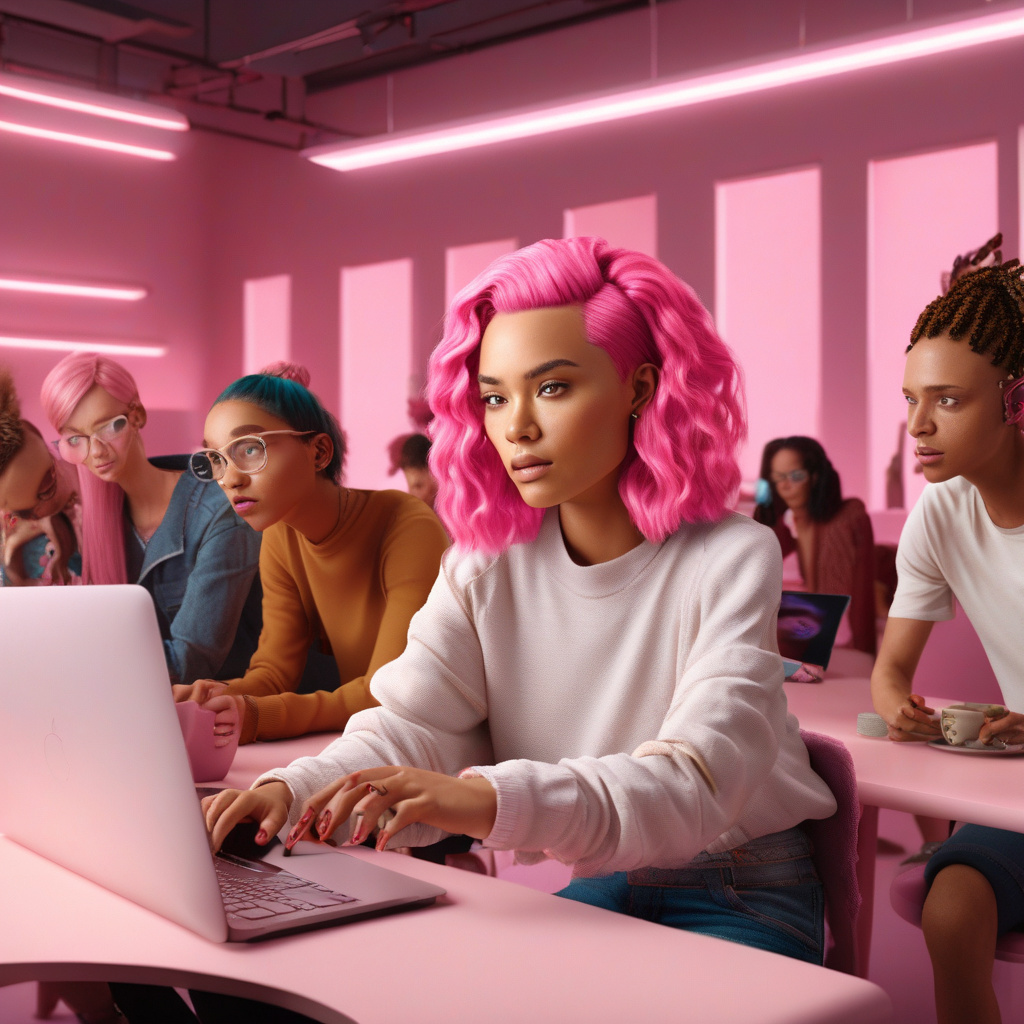The Impact of AI Influencers on Content Creators
In the ever-evolving realm of social media, a new player has emerged: AI influencers. These digital personalities are revolutionizing the way content is created, consumed, and monetized. With their ability to engage audiences, tailor content, and work around the clock without fatigue, AI influencers are poised to disrupt the influencer marketing landscape.
What are AI Influencers?
AI influencers are computer-generated characters designed to mimic human behavior and interact with users on social media platforms. With their photorealistic appearances and scripted personalities, they can post content, engage with followers, and even collaborate with brands. Examples like Lil Miquela and Shudu have amassed millions of followers and secured lucrative partnerships.
Challenges for Human Content Creators
As AI influencers gain popularity, human content creators face a new set of challenges. The authenticity and relatability that have long been the cornerstone of influencer marketing are now being questioned. Audiences may gravitate towards AI influencers for their flawless appearances and constant availability, leaving human creators struggling to compete.
Opportunities for Collaboration
Despite the potential threat AI influencers pose, there are also opportunities for collaboration. By partnering with AI counterparts, human content creators can leverage their unique storytelling abilities and emotional intelligence. Together, they can create compelling content that blends the best of both worlds, appealing to a wide range of audiences.
The Evolution of Content Creation
The rise of AI influencers signals a shift in how content is created and consumed. Algorithms can analyze vast amounts of data to tailor content to specific audiences, increasing engagement and driving conversions. This data-driven approach allows brands to reach their target markets more effectively, leading to higher ROI and brand loyalty.
Ethical Considerations
However, the use of AI influencers also raises ethical considerations. Transparency is essential to maintain trust with audiences, who may feel deceived if they are not aware that they are interacting with AI. Content creators must disclose when they are working with AI partners to ensure authenticity and credibility.
Adapting to the Future
In this rapidly changing landscape, content creators must adapt to stay relevant. Embracing AI technology as a tool rather than a threat can open up new possibilities for creativity and innovation. By combining human expertise with AI efficiency, content creators can stay ahead of the curve and continue to engage their audiences effectively.
Conclusion
The rise of AI influencers is reshaping the influencer marketing industry, presenting both challenges and opportunities for content creators. By understanding the impact of AI on content creation, creators can navigate this new landscape with confidence. Collaboration, transparency, and innovation will be key in harnessing the power of AI influencers while maintaining authenticity and relevance in the digital age.

